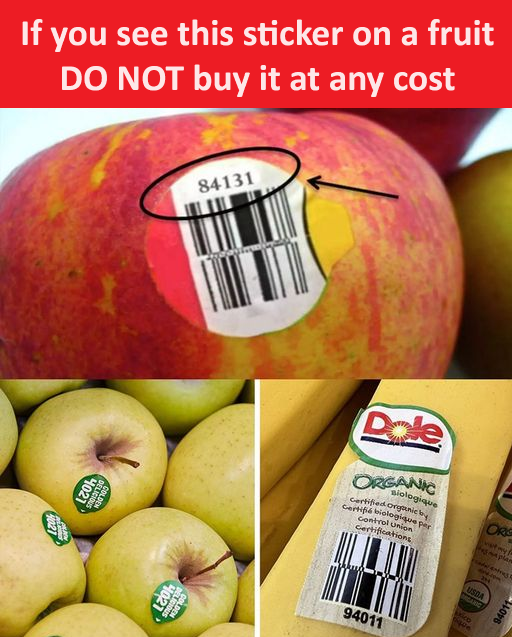Pesticides and health: While conventionally grown fruits may use pesticides, it is essential to remember that pesticide residue levels in fruits generally meet regulatory safety standards. However, many people choose organic options to minimize potential pesticide exposure, especially if they have health concerns or specific dietary preferences.
Environmental impact: The choice between conventional and organic agriculture also has environmental implications. Organic farming practices often focus on soil health and sustainability. These methods aim to minimize soil erosion, conserve water, and reduce chemical runoff. Supporting organic farming can be seen as a way to promote more environmentally friendly agriculture.
Local Farmers: Buying from local farmers at farmers markets or through community supported agriculture (CSA) programs supports your local economy, reduces food miles, and often ensures fresher produce. Local farmers can employ sustainable farming practices, even if they are not certified organic. Engaging in conversations with local farmers can provide insight into their farming methods.
STRENGTHEN CONSUMER CHOICES:
As consumers, advocating for transparent food labeling can empower us to make informed decisions. Some organizations and brands go beyond basic labeling requirements and provide additional information about the origin of the fruit, agricultural practices and certifications. Supporting brands that prioritize transparency can be one way to encourage better information sharing within the industry.
By considering these factors, you can choose foods that align with your nutritional needs, environmental values, and support of local agriculture. Understanding the meaning of fruit labels is an essential step in making informed decisions about the foods you eat.
So the next time you pick up a fruit, take a moment to decode that little sticker. It could reveal more about your food choices than you ever imagined.

